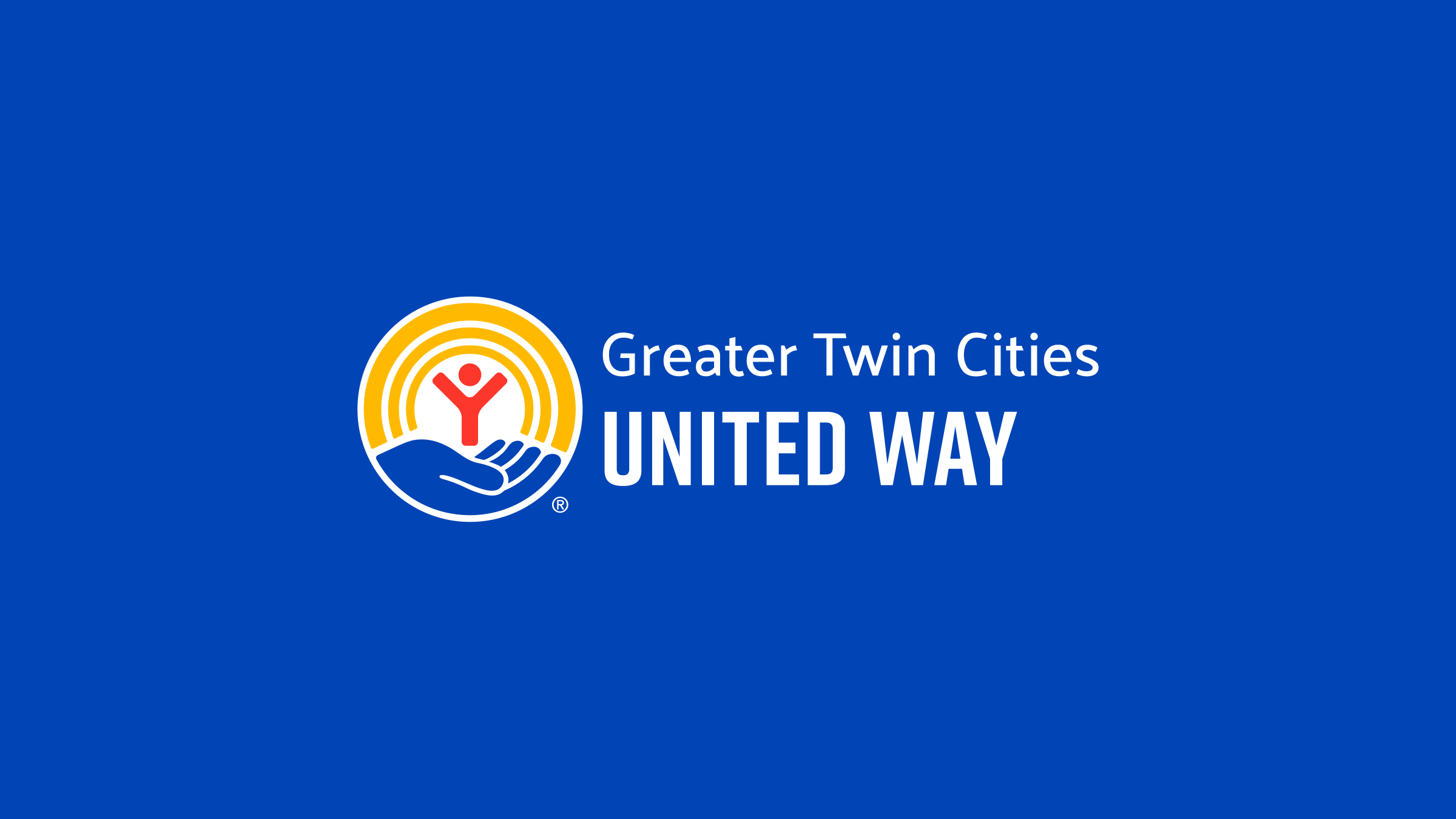
MINNEAPOLIS (Nov. 9, 2022) – Greater Twin Cities United Way (United Way) announced today the release of its 2021 Community Impact Report which includes results of its work with partners in the region. In 2021, United Way served more than 500,000 people, with housing as the region’s most significant need, and increased direct service through the United Way 211 resource helpline and through its first year of operating the 988 Suicide and Crisis Lifeline.
“Due to ongoing financial hardships compounded by year two of the pandemic, requests for support through our 211 resource helpline increased 40 percent from 2020 to 2021, with a 200 percent increase in housing needs,” said John Wilgers, President and CEO of Greater Twin Cities United Way. “By partnering with changemakers, we provided emergency rental, mental health and education assistance and more, while our community reflected continued resiliency in the face of serious challenges.”
“The work outlined in this year’s impact report reflects United Way’s commitment to center the perspectives of people most profoundly impacted by our region’s challenges, and the organizations that support them directly, in our efforts to advance impactful solutions to challenges no one can solve alone,” said Acooa Ellis, Senior Vice President of Community Impact at Greater Twin Cities United Way.
“Throughout the report, readers will see evidence of our collective approach to community building — one that honors and harnesses the interdependent nature of our individual well-being.”
In 2021, United Way responded to 480,000 requests via its 211 resource helpline. Additionally, the MN Housing Finance Agency contracted with United Way for 211 call specialists to provide information and answer questions about RentHelpMN, the state’s emergency rental assistance program. Through this contract, United Way created a specific RentHelpMN 211 call center — the first call center for a government program of its kind — which resulted in $390.5 million in rent and utilities payments from the state, preventing evictions and keeping Minnesota families in their homes.
To further support eviction prevention, United Way worked with legislators and advocated for a reasonable off-ramp for the eviction moratorium (moratorium created during the height of the pandemic in which landlords couldn’t evict tenants for inability to pay rent due to job loss). As a result, legislators adopted a 15-week phaseout of the eviction moratorium, with gradual changes and clear dates, as well as a 15-day pre-eviction notice to tenants. This provided more time for tenants and landlords to find housing solutions, keeping more Minnesotans stably housed.
The pandemic and resulting economic effects, isolation and housing crisis have contributed to the region’s mental health crisis. During United Way’s first year of operating the 988 Suicide & Crisis Lifeline in 2021, 17 United Way crisis counselors answered 9,300 calls, with a sharp increase in the number of callers struggling with substance abuse and at risk of suicide. Callers ranged in age from nine to 90, with one in four under 25 and one in 10 under 15.
United Way awarded grants to 126 nonprofits in 2021 to provide the community better access to housing, food, education and the workforce. Due to the spike in community needs and new service models, United Way also awarded grants for capacity building and employee wellness support to nonprofits as part of its COVID-19 Response & Recovery Fund.
Virtual school and limited access to technology became challenging for families and student learning in 2021. As a result, United Way provided substantial funding to nonprofits working with schools to address student needs in St. Paul’s North End and Minneapolis’ Ventura Village/Phillips neighborhoods. Thousands of students and their families received mental health support, technology and internet access, high-quality distance learning instruction and more.
###
About Greater Twin Cities United Way: Greater Twin Cities United Way unites changemakers, advocates for social good and develops solutions to address the challenges no one can solve alone to create a community where all people thrive. The organization serves the community through five key offerings: Crisis and Information Support (211 resource helpline, 988 Crisis and Suicide Lifeline), innovation initiatives, nonprofit partnerships, advocacy work with legislators, and business and individual donor partnerships. For more information, visit www.gtcuw.org and follow us on Facebook, Twitter, Instagram and LinkedIn.